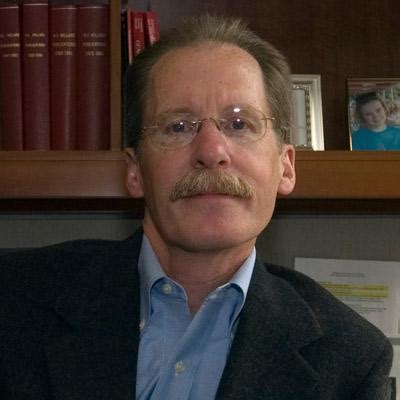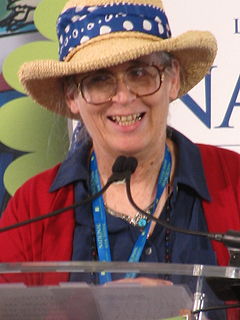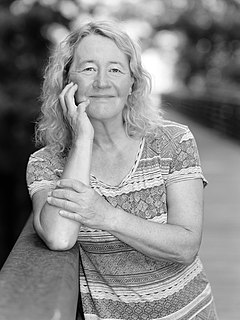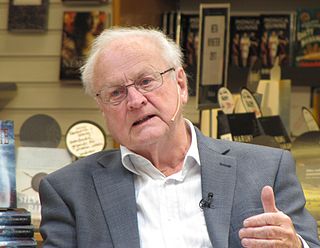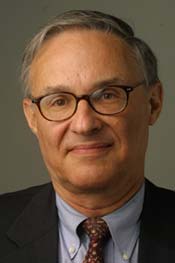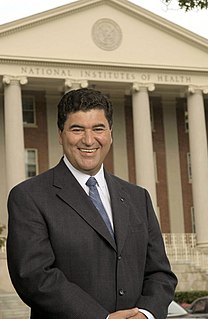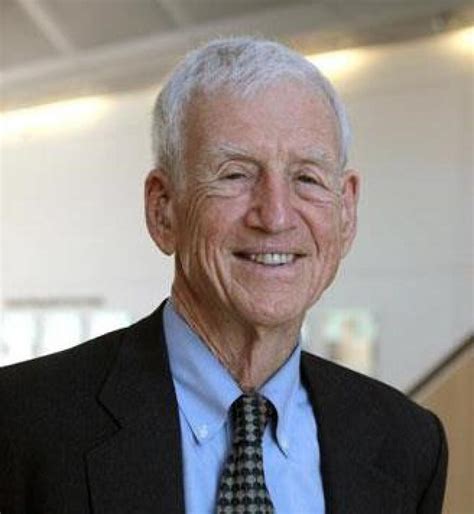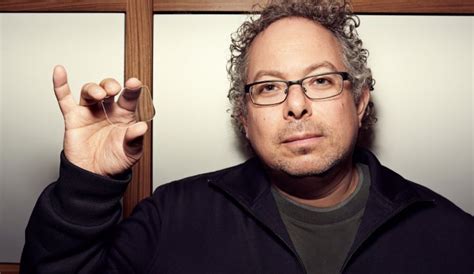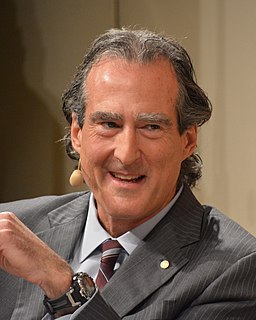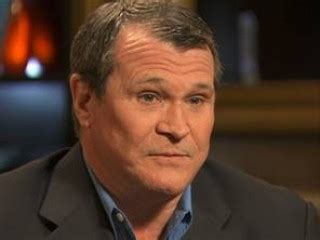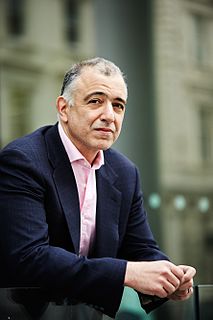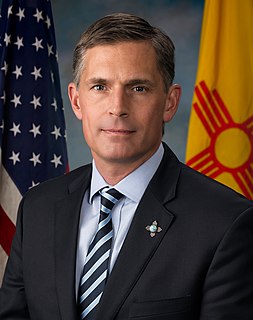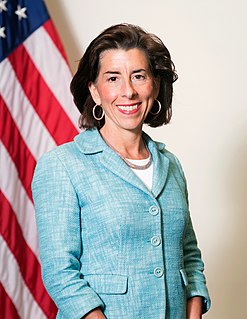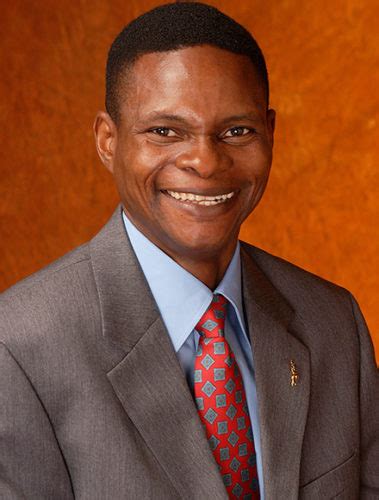Top 28 Biomedical Quotes & Sayings
Explore popular Biomedical quotes.
Last updated on November 26, 2024.
Evolution lies at the heart of biology. It is seamlessly and continuously linked to health research to better understand such conditions as AIDS or bird flu or Parkinson's or cancer or heart disease. Every biomedical experiment, every tiny advance, every major breakthrough ultimately connects to the principles first postulated by Darwin.
The elimination of horrible disease, the increase of the quality of lives (for humans and for animals) achieved through research using animals is so incalculably great that the argument of these critics, systematically pursued, establishes not their conclusion but its reverse: to refrain from using animals in biomedical research is, on utilitarian grounds, morally wrong.
My own experience of over 60 years in biomedical research amply demonstrated that without the use of animals and of human beings, it would have been impossible to acquire the important knowledge needed to prevent much suffering and premature death not only among humans but also among [other] animals.
It is the responsibility of those of us involved in today's biomedical research enterprise to translate the remarkable scienti?c innovations we are witnessing into health gains for the nation. At no other time has the need for a robust, bidirectional information ?ow between basic and translational scientists been so necessary.
Bio Life Technical's strategy of providing technical due diligence by expert professors from core disciplines and world class experts working with interdisciplinary institutes, such as Imperial College's Institute of Biomedical Engineering, will enable a more thorough scientific evaluation of the technology.
Over his illustrious career, John Harris has explored the most challenging bioethical questions with insight, engaging wit, and eloquence. In Enhancing Evolution, Harris does it again. He argues that it is not just an option but an obligation for people to use available biomedical technologies to enhance their own--and their children's--physical and mental abilities. Harris rightly deserves his reputation for fearlessly following his ethical arguments wherever they lead.
Around 17 to 20 years, I became, myself, a poacher. And I wanted to do it, because - I believed - to continue my studies. I wanted to go to university, but my father was poor, my uncle even. So, I did it. And for three to four years, I went to university. For three times, I applied to biomedical science, to be a doctor. I didn't succeed.
